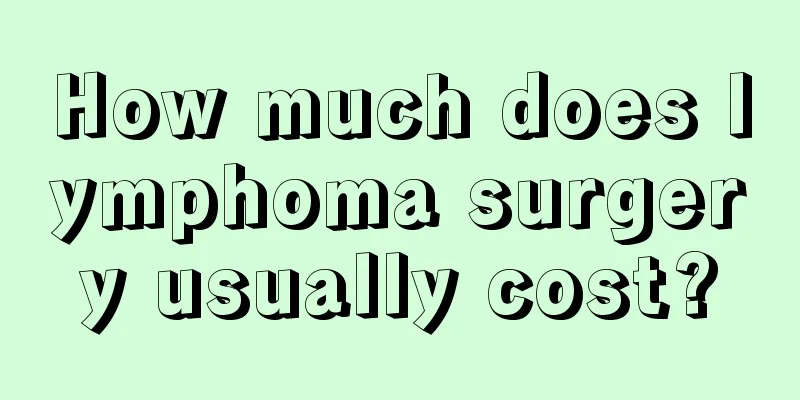What does glucose 1+ mean

|
Glucose is a very important substance. It is the source of energy for the human body. After anything enters the body, a considerable portion of the substance is converted into absorbable glucose. However, if the glucose in the body is too high, it will cause some problems and bring serious adverse effects to the body. For example, what does the glucose 1+ that often appears in physical examinations mean? Let’s take a look at the explanation below. A plus sign for sugar in urine routine test does not confirm diabetes. It is best to go to the hospital to check fasting blood sugar, postprandial blood sugar, and glycosylated hemoglobin. If one of the above three test items exceeds the diabetes standard, it can be confirmed that it is diabetes and active treatment is required. The specific drug treatment should be determined in combination with clinical symptoms and other examinations. There may be many reasons for mild positive urine sugar. Most of them are physiological in young people, such as exercise, diet, etc. Pathological type is more common in diabetes, mostly in the elderly. Guidance: If you are worried, you can go to the hospital to check your fasting blood sugar and your blood sugar two hours after a meal. If both are normal, diabetes can basically be ruled out. Diabetes is a syndrome of metabolic disorders of sugar, protein, fat, water and electrolytes caused by various pathogenic factors such as genetic factors, immune dysfunction, microbial infection and its toxins, mental factors, etc., which act on the body and lead to pancreatic islet dysfunction and insulin resistance. The staple food of diabetic patients is generally rice, noodles, and coarse grains, such as oats, cereals, cornmeal, etc., because these foods contain more inorganic salts and vitamins, and are rich in dietary fiber. Dietary fiber has the effect of lowering blood sugar and is beneficial to controlling blood sugar. The latest diagnostic criteria for diabetes are: fasting blood sugar ≥ 7.0 mmol/L, or blood sugar ≥ 11.0 2 hours after a meal, or ≥ 11.0 2 hours after a glucose tolerance test The normal fasting blood glucose value is 3.89-5.83mmol/L; if it is greater than 5.83mmol/L and less than 7.0mmol/L, it is impaired fasting blood glucose, and if it is greater than or equal to 7.0mmol/L, it is considered diabetes. |
<<: Feeling dizzy after drinking coffee
>>: Why do I feel dizzy all of a sudden?
Recommend
Is bone grinding surgery dangerous? It needs to be avoided in time
Mandibular angle bone grinding surgery is one of ...
Can contact lenses be used for astigmatism?
Nowadays, there are more and more people who are ...
How long can one live with advanced liver cancer
The advanced stage of liver cancer depends on the...
What are the four major risk factors for liver cancer?
The risk factors for liver cancer are currently b...
The role of soap nuts
The medicinal material soapberry can kill bacteri...
What are the causes of liver cancer?
When it comes to cancer, everyone will be very sc...
Can anti-radiation glasses really help protect against radiation?
In modern society, many people's lives are in...
Will the corner of my eye hurt during canthoplasty surgery?
Canthoplasty is the best treatment for microphtha...
How to distinguish kidney yang deficiency from kidney yin deficiency
The kidney deficiency we know is a general term, ...
Why is honey a bit bitter?
People who often drink honey will find that, in f...
Why do gums swell and ache
The gums are at the roots of the teeth. They adhe...
Can endometrial cancer metastasis be cured?
Can endometrial cancer metastasis be cured? Cance...
Why is my hand shaking when holding chopsticks
Trembling when holding chopsticks may be caused b...
What are the symptoms of advanced prostate cancer?
Prostate cancer is the most important type of tum...
Can loach and lobster be raised together
Some children prefer to raise some aquatic produc...









